Dalarö's History
"Dalarö, A place where History and the Future meet"
A vision
Once upon a time, far beyond the noise and traffic chaos of big cities, there was a small village called Dalarö. There, surrounded by the beautiful scenery of the Swedish archipelago and swaying boats, there was a group of passionate designers. These brave souls had a vision – to offer a haven for stressed-out city dwellers and spread calm and harmony through their design. So they gathered their tools, jumped into their paint-sprayed boats and set sail on an adventure to conquer the design world with their unique charm and a dose of archipelago magic.
History
Dalarö is a historic town located in Stockholm's southern archipelago, dating back to the Middle Ages. The place has been an important trading place and fishing village since the 16th century and during the 18th century Dalarö became a popular seaside resort for Stockholmers.
Dalarö is known for its well-preserved wooden houses from the 18th and 19th centuries, which give the town its unique charm. The streets and harbor attract tourists from far and wide, and there are several cozy cafes, restaurants and shops to explore.
Dalarö also has a rich cultural history, with several well-known writers and artists who have lived in the area, including August Strindberg and Anders Zorn.
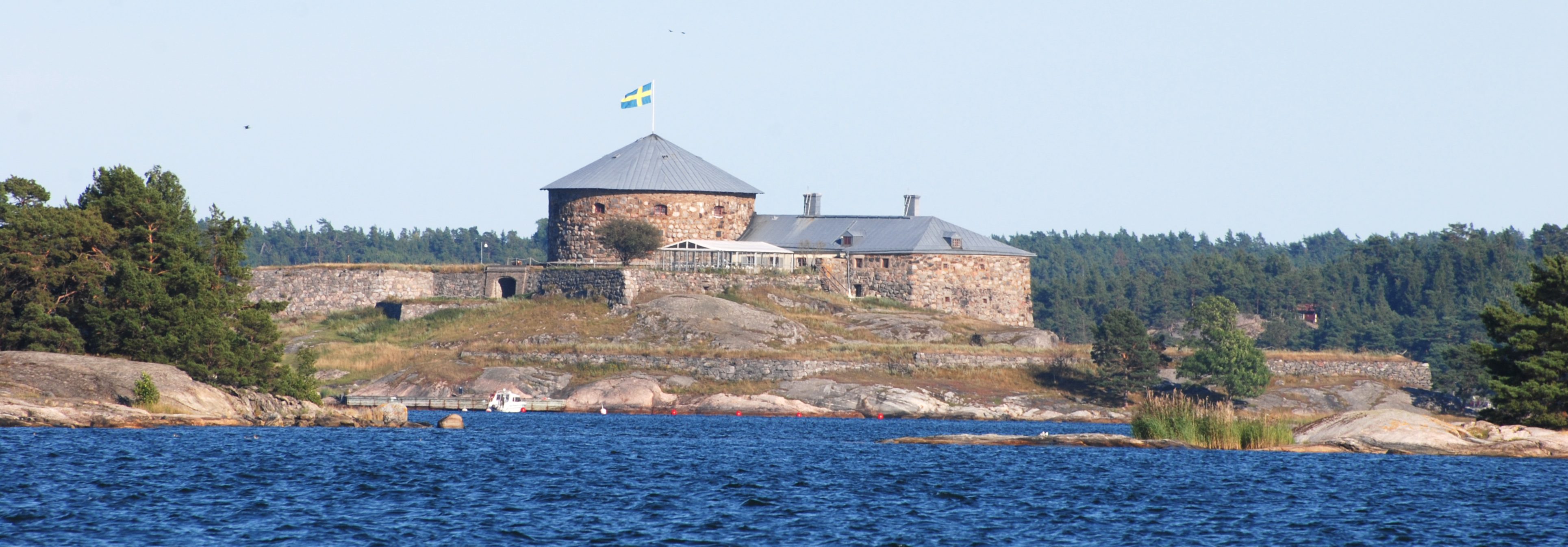

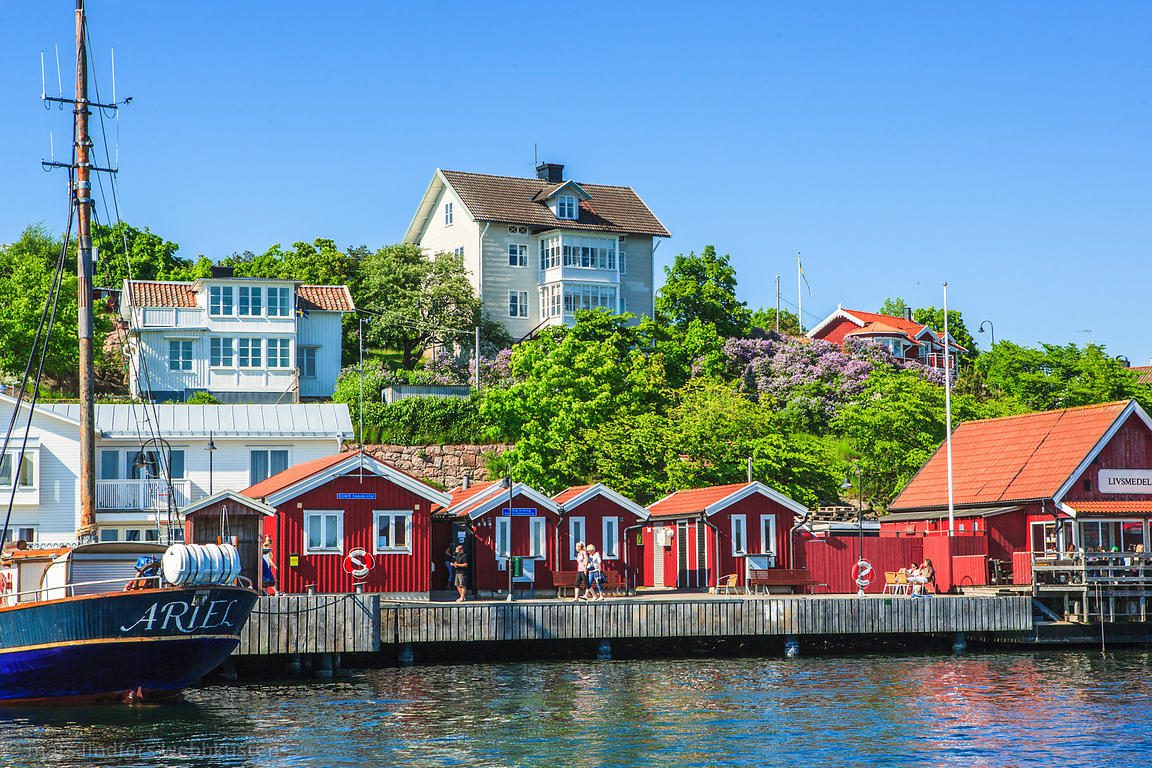

Inspiration
With design from the archipelago, Dalarö has long been an inspiring environment for today's many well-known designers. A place where Inspiration lies in the streets and also something that we at Dalarö Design have tried to implement in our design work.
As a well-known tourist resort, today Dalarö's classic Swedish design has increasingly begun to disappear into the growing Stockholm resort. Our vision is to once again have an implementation of Dalarö and its unique design in our company foundation, in order to one day be able to take back what was once ours.
Dalarö a Customs City
Another important part of Dalarö's history is its role as a customs town. As early as the 16th century, Dalarö an important trading place and port, and customs were an important part of the city's economy. Goods imported to Stockholm from abroad had to pass through Dalarö and pay customs duties before they could be resold. Dalarö was also an important hub for trade between Stockholm and the rest of the archipelago. Today, you can still visit the customs house at Dalarö Skans and see how customs operations worked in the past. Dalarö's history as a customs city has left its mark on the city and has contributed to its development and prosperity over the years.
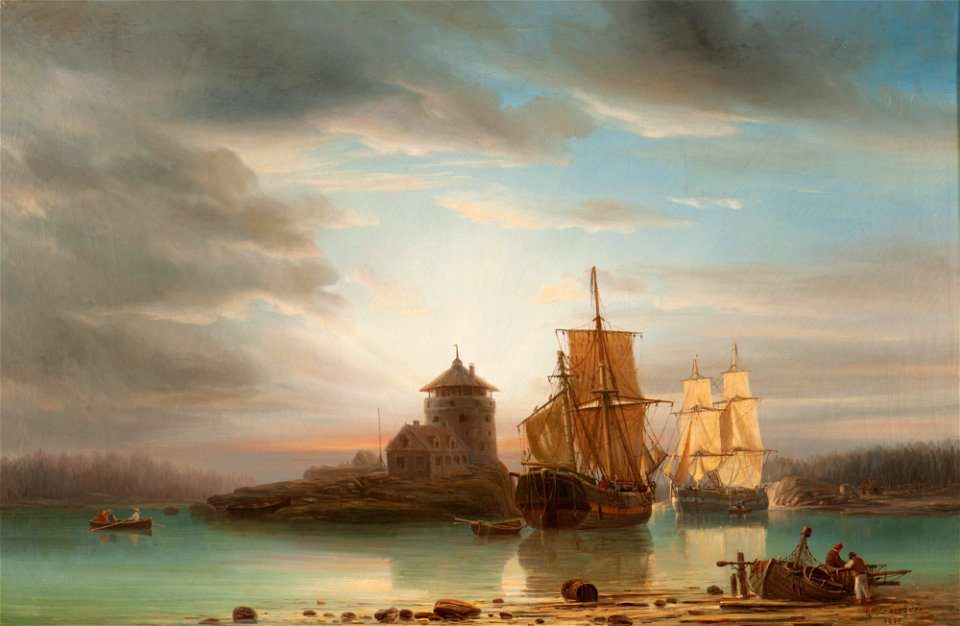

Dalarö a Local Guide
Food and Catering
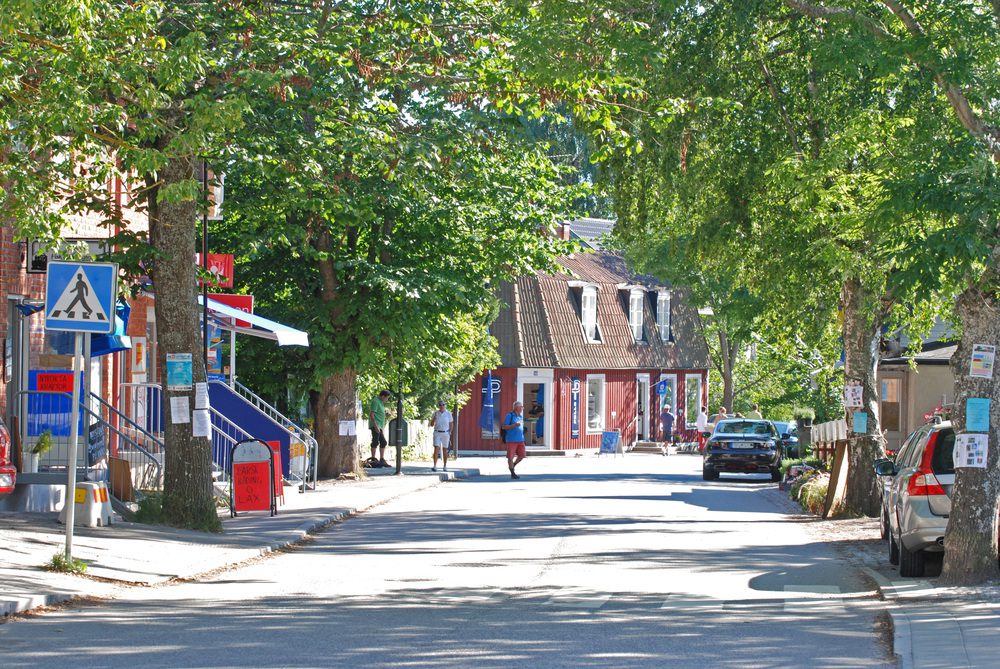

Dalarö has a rich food culture with influences from the Swedish archipelago. There are many restaurants and cafes here that offer fresh fish and seafood, as well as locally grown vegetables and other produce.
Sights
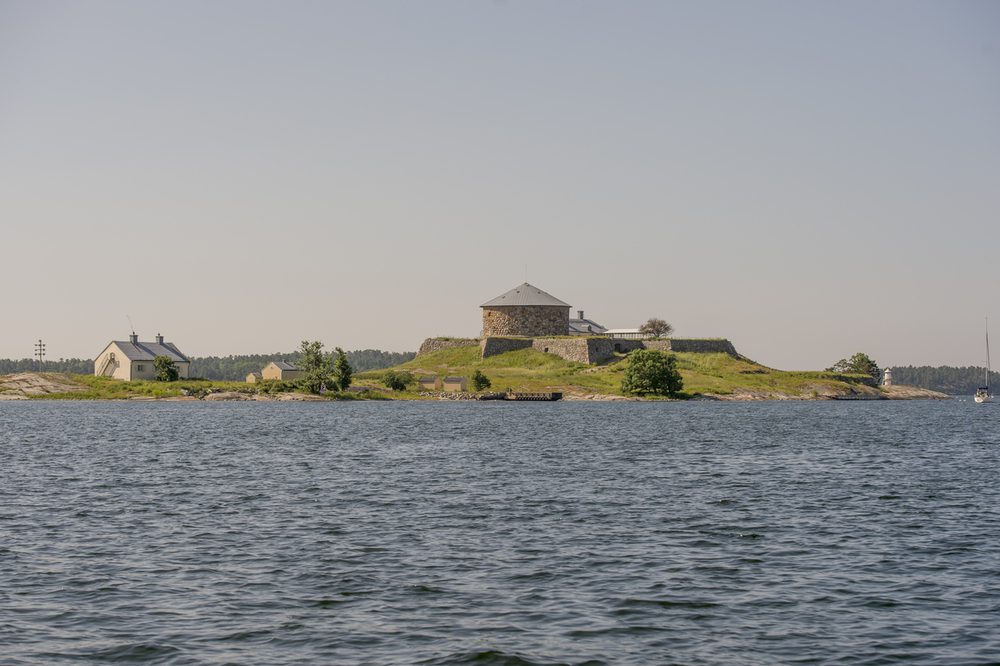

In addition to the good food, Dalarö offers a well-preserved wooden housing development, an attractive harbor and opportunities for swimming and walking along the sea. There are also museums and cultural heritage sites to explore.